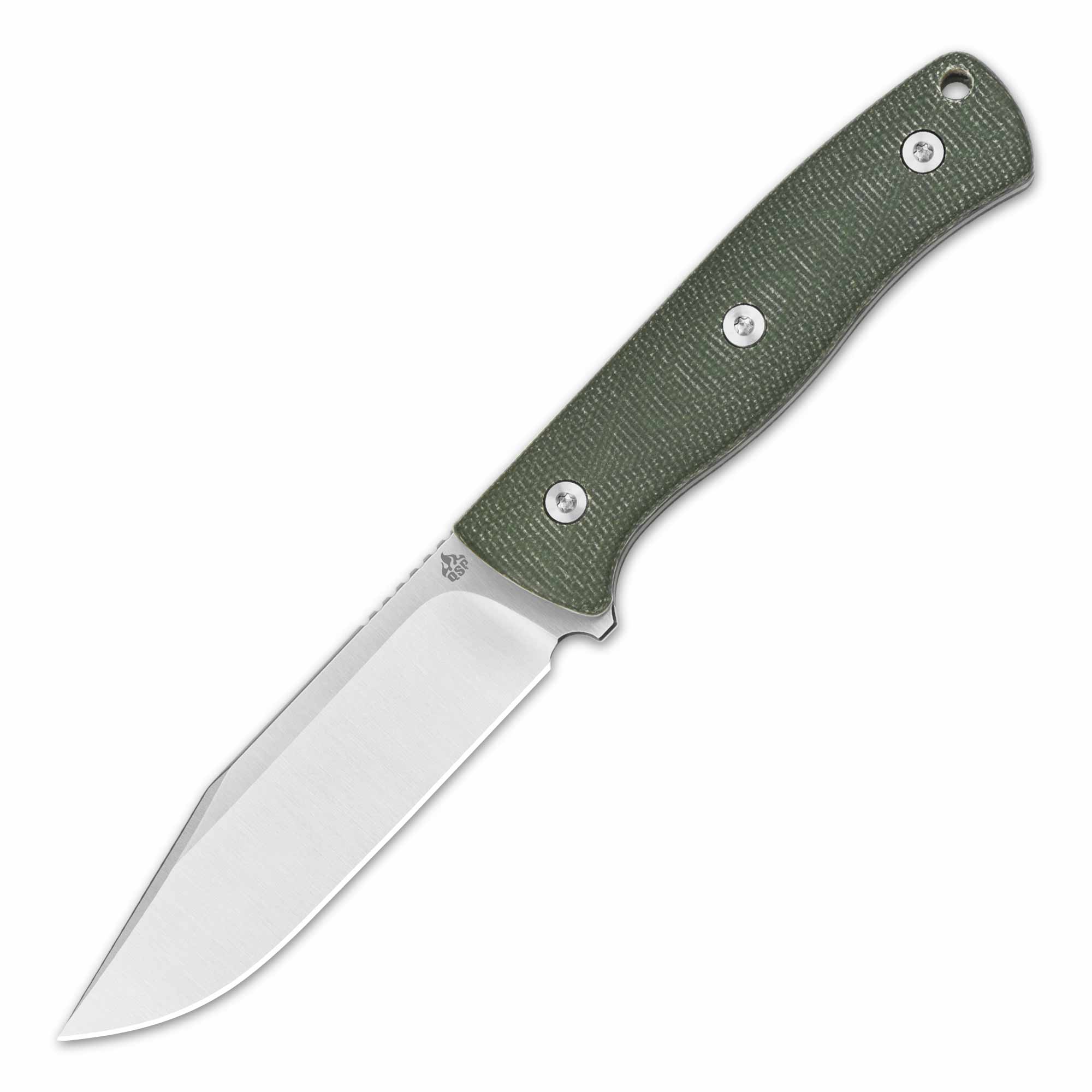Introduction
If this is interesting to you, why not fixed blade knife.A fixed blade knife is a versatile tool that can be used for various tasks such as camping, hunting, and survival situations. To ensure that your fixed blade knife stays in optimal condition, it's essential to properly maintain and care for it. In this article, we will provide you with useful tips and techniques to help you keep your fixed blade knife in top shape, no matter where your adventures take you.

Regular Cleaning
Regular cleaning is a fundamental aspect of maintaining a fixed blade knife. After each use, be sure to remove any dirt, debris, or moisture from the blade and handle. You can use a mild soap, warm water, and a soft cloth or sponge to clean the knife. Avoid using abrasive materials that could scratch the blade. Once cleaned, make sure to thoroughly dry the knife to prevent rust from developing.
Sharpening the Blade
A sharp blade is crucial for optimal performance. Regularly sharpening your fixed blade knife will ensure that it remains effective and safe to use. There are several methods for sharpening a knife, including using a whetstone, honing rod, or sharpening system. Find the method that works best for you and follow the manufacturer's instructions. Remember to maintain a consistent angle and apply even pressure when sharpening the blade.
Protective Sheath
Investing in a high-quality protective sheath is essential to protect your fixed blade knife when not in use. A sheath provides a secure and convenient way to carry and store your knife. Choose a sheath that is made from durable materials such as leather or Kydex, as it will offer better protection against external elements. Additionally, ensure that the sheath is properly sized to fit your specific knife model.
Preventing Rust
Rust is one of the most common enemies of a fixed blade knife. To prevent rust from forming on the blade, it's crucial to keep it clean and dry at all times. Applying a thin layer of oil or lubricant on the blade can provide an additional protective barrier against moisture and rust. Regularly check the blade for any signs of rust or corrosion, and take immediate action to address it if necessary.
Storing Your Knife
Proper storage is key to maintaining the longevity of your fixed blade knife. When not in use, store your knife in a cool, dry place to prevent moisture damage. Avoid storing it in a sheath or leather pouch for extended periods, as these materials can trap moisture and lead to rust formation. Instead, consider using a knife block, magnetic strip, or a dedicated knife case for safe and secure storage.
Conclusion
By following these essential maintenance and care tips, you can ensure that your fixed blade knife remains in excellent condition for years to come. Remember to clean and dry the knife after each use, sharpen the blade regularly, invest in a protective sheath, prevent rust formation, and store it properly. Taking care of your fixed blade knife not only prolongs its lifespan but also enhances its functionality and reliability when you need it most. Happy adventuring!








